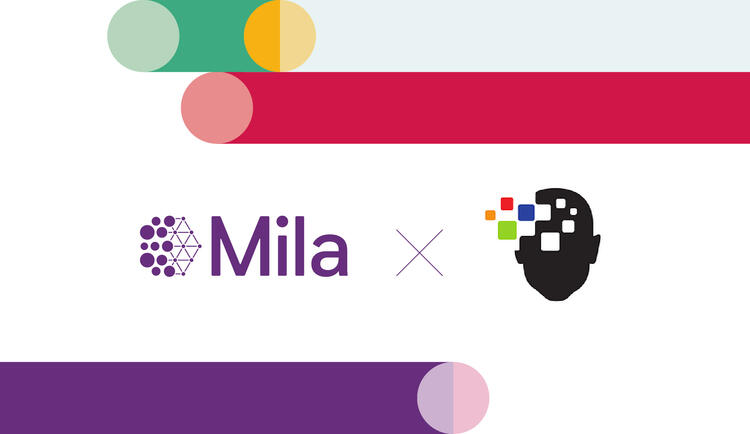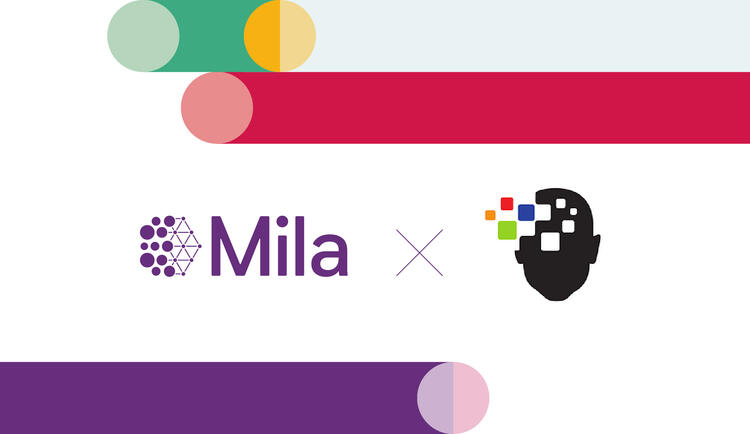
Brigitte Tousignant, Mila
With over 1000 registrants, the Montreal AI Symposium (MAIS) wrapped up its day-long virtual conference with great success. The event, which brings together industry and academia, accepted posters that presented applications of deep learning, machine learning and other related approaches to a wide array of topics: medical prediction tools, automated robotic inspection, climate change, AI ethics, and more. Below is a glimpse into the work of Mila members on issues particularly concerned with climate change and sustainability, as well as a summary of the panel on Ethics, Fairness and Bias in AI.
AI for Climate Change, Conservation and Sustainability
AI for Humanity intern Marta Skreta, postdoctoral researcher Sasha Luccioni and McGill University assistant professor David Rolnick teamed up with André-Philippe Drapeau Picard and Maxim Larrivée of the Montreal Insectarium to improve butterfly image classification using spatiotemporal features.
“We can use machine learning to automate the labeling of butterfly images, but it’s still a challenging task,” says Skreta, which is why pinpointing where and when an image of a butterfly was taken could potentially improve classification. The team trained two encoder models: one that predicts the species from the image and one that predicts the species from spatiotemporal features. Their results saw improvements in image classification of up to 5 per cent compared to using the images on their own.
Read the poster presentation here.
Théo Guénais, who joined Mila in May, along with his colleagues from École CentraleSupélec and MIT’s Operations Research Center and Sloan School of Management, presented Hurricast, which adapts Deep Sequence to Sequence models for hurricane forecasting. Their goal is to forecast tropical cyclone trajectories and predict their intensity in order to protect people and property as efficiently as possible.
Their results were promising, demonstrating that modern recurrent models such as the Transformer or GRU could successfully leverage tabular and vision data to predict hurricane forecasts.
Read the poster presentation here.
For a complete list of poster presentations, visit the MAIS scientific program web page.
Ethics, Fairness, and Bias in AI
The panel moderated by Montreal AI Ethics Institute founder Abhishek Gupta heavily discussed how to build and use AI responsibly. One of the potential solutions offered up by panelist Irina Rish is to implement more interdisciplinary efforts toward building ethical AI. That is, bringing ethicists and philosophers on board when developing AI projects. “It’s hard to put all the responsibility on AI researchers because they definitely need experts from other fields, like ethics and law. We AI nerds may not be able to do it on our own,” explained Professor Rish.
Natalie Schluter, senior research scientist at Google Brain, said: “I don’t have good ideas about ethical dynamics and social consequences like many others in my field and that’s a problem.” Luckily, efforts to meet this need are already underway at Mila and AI players worldwide. An initiative from the Université de Montréal unveiled the Montreal Declaration for a Responsible Development of Artificial Intelligence in 2018, with the goal of sparking public debate with ethical, progressive and inclusive AI development in mind.




